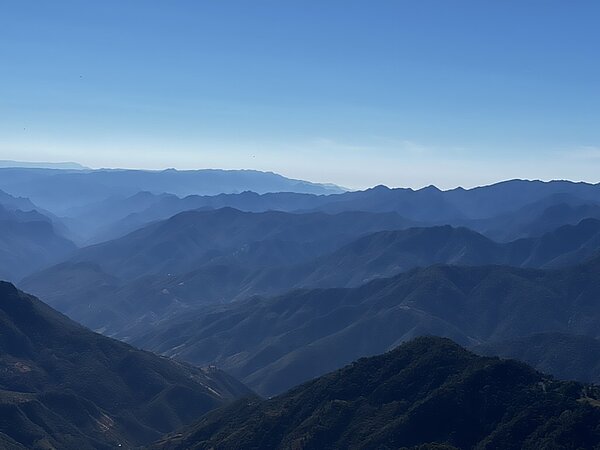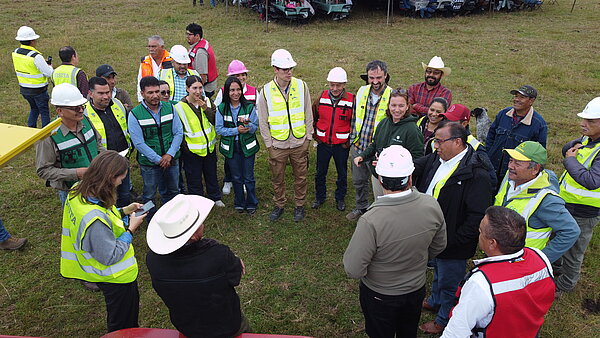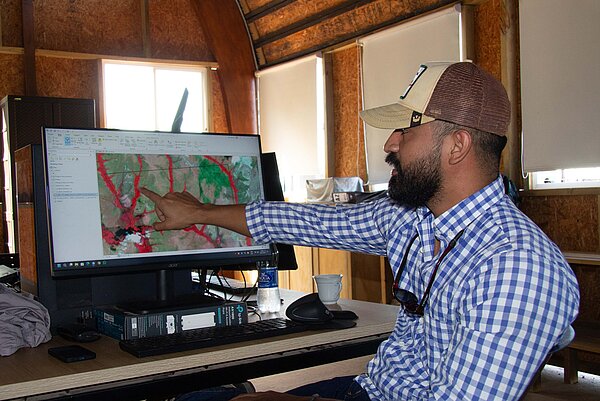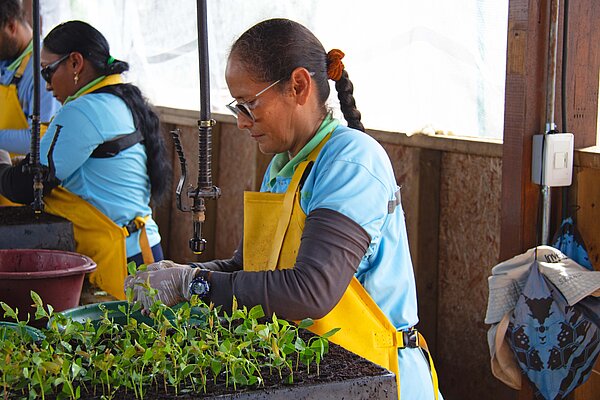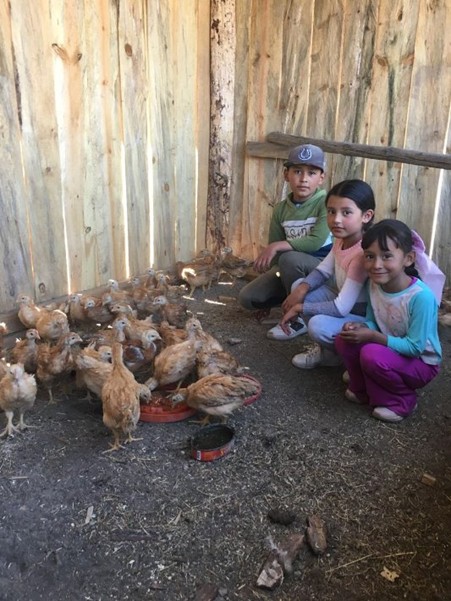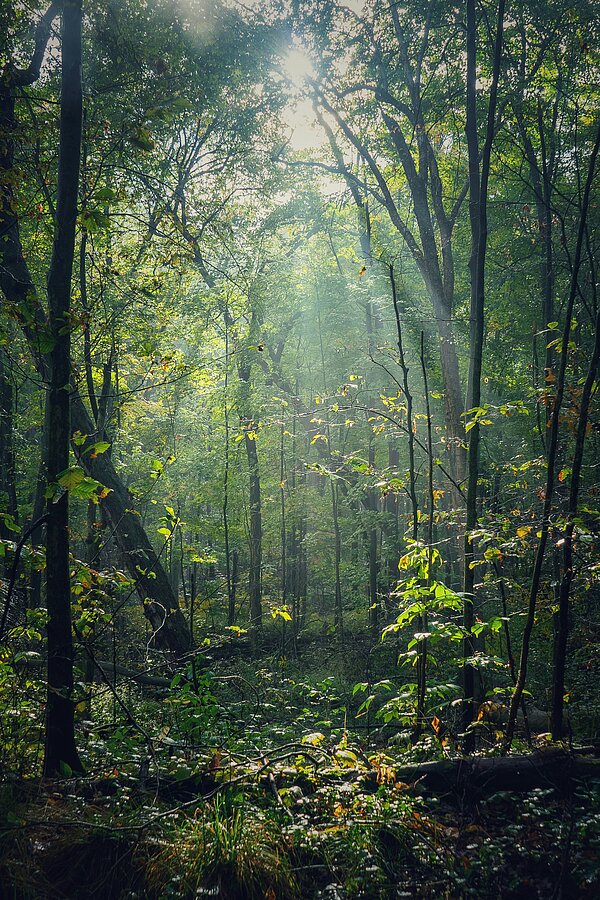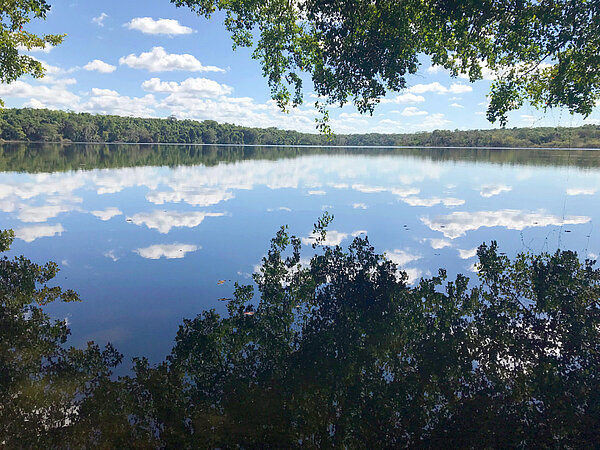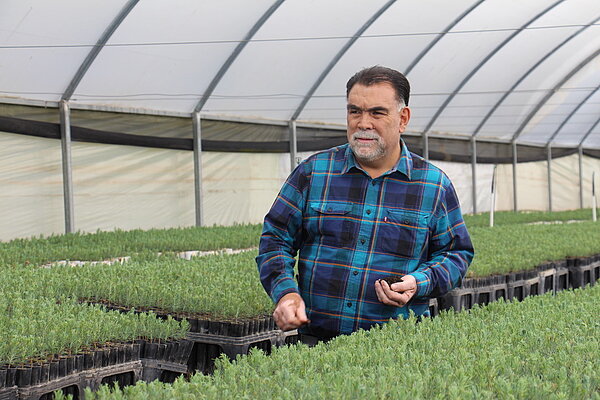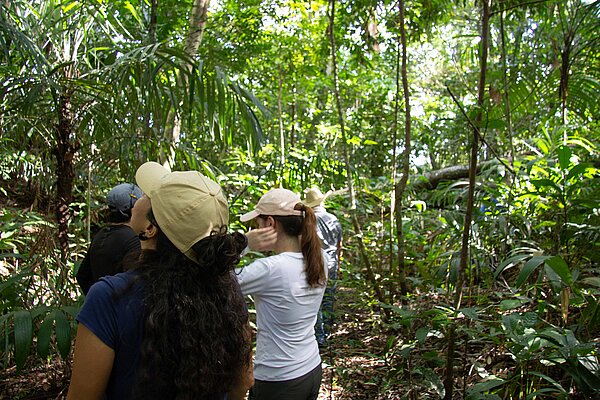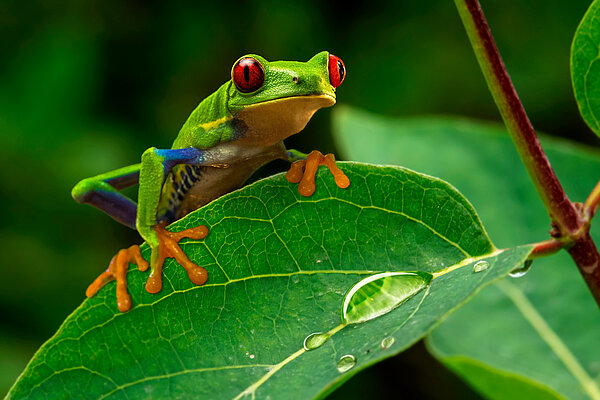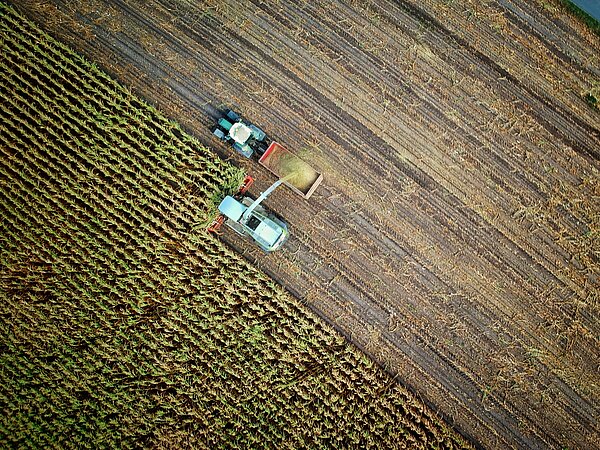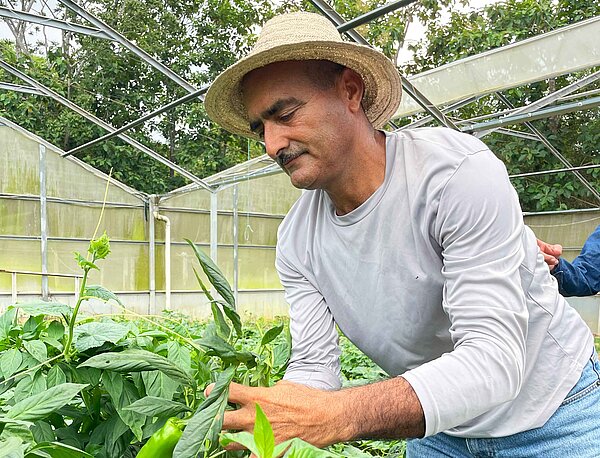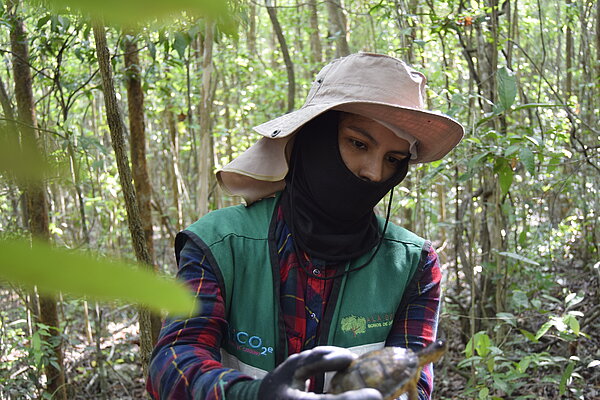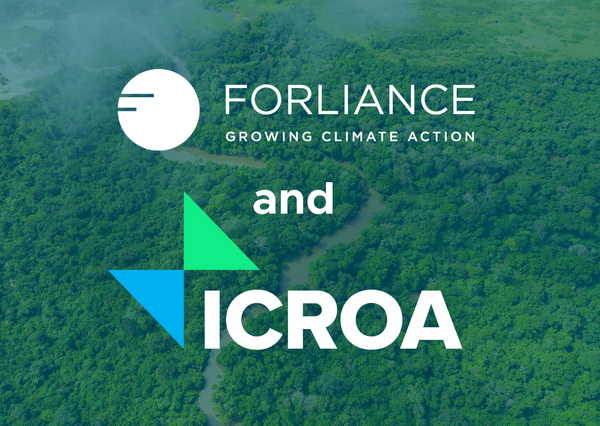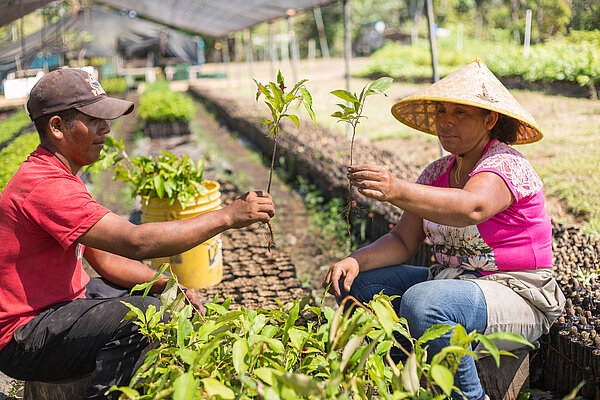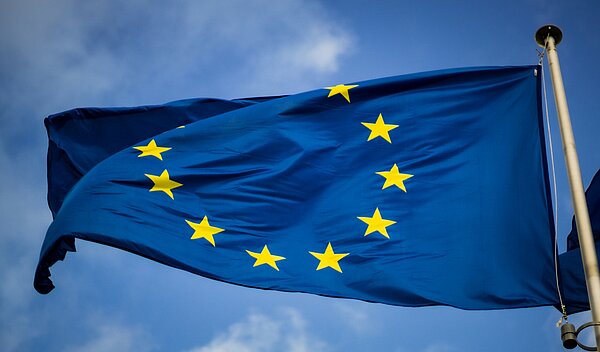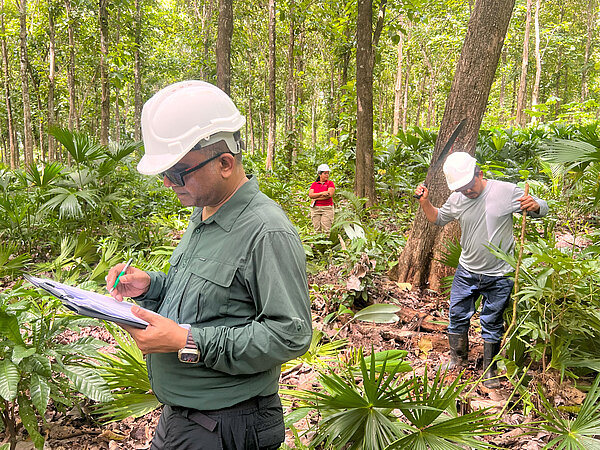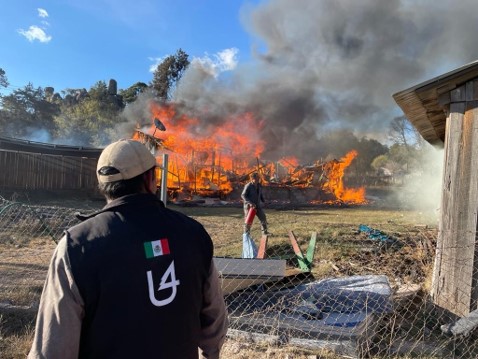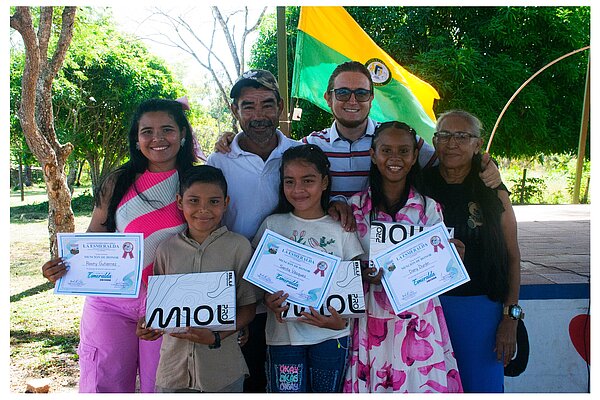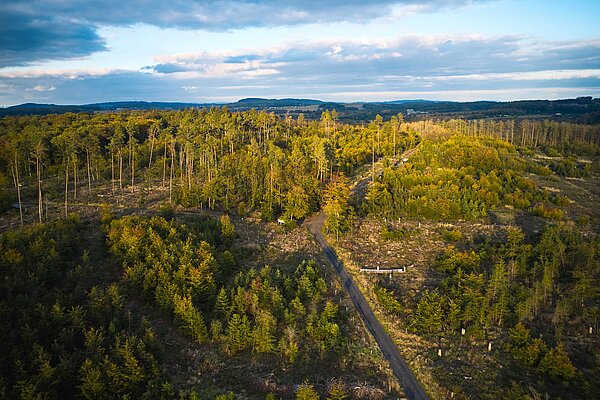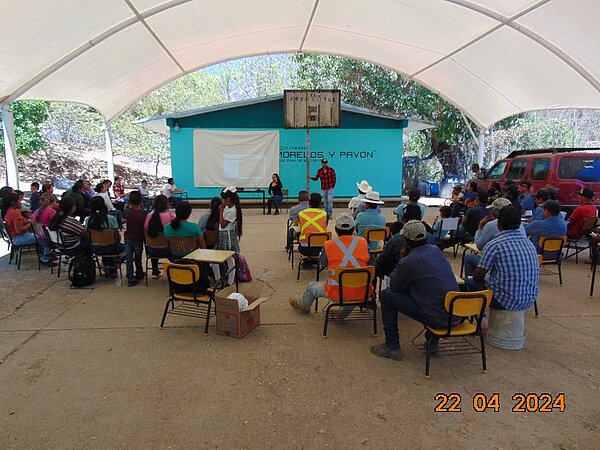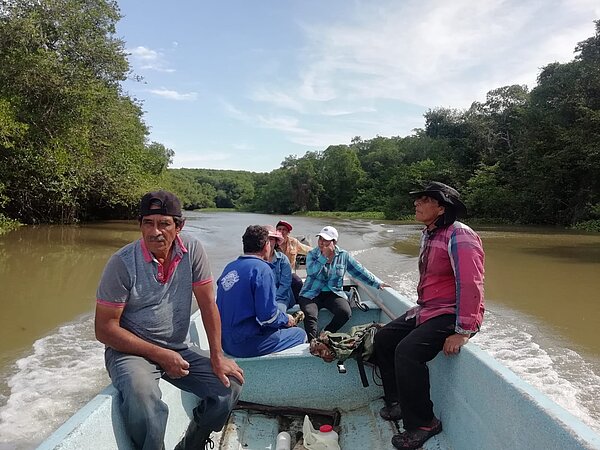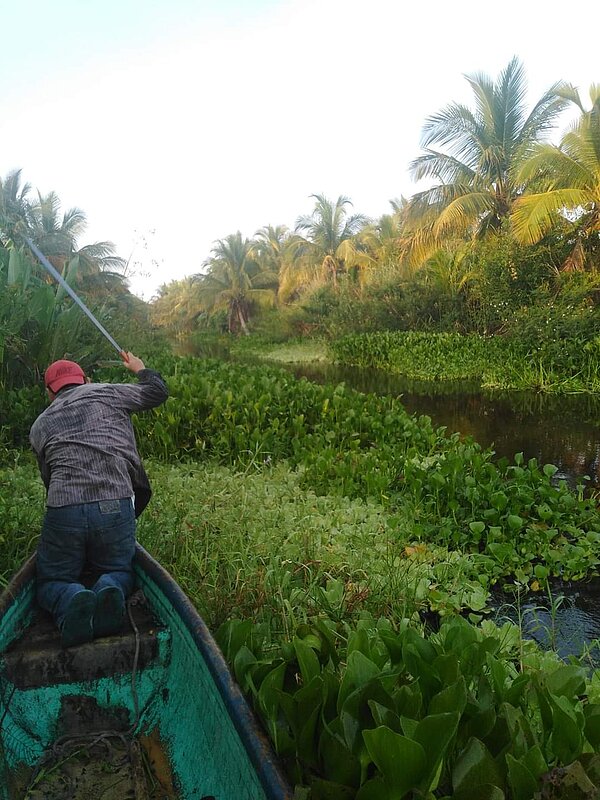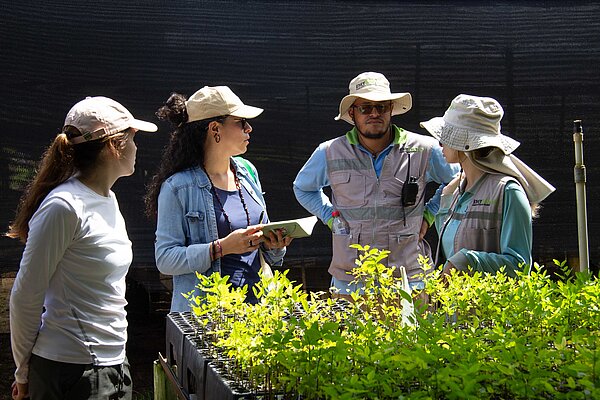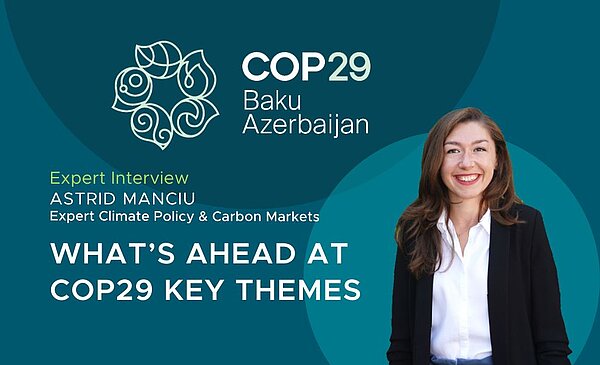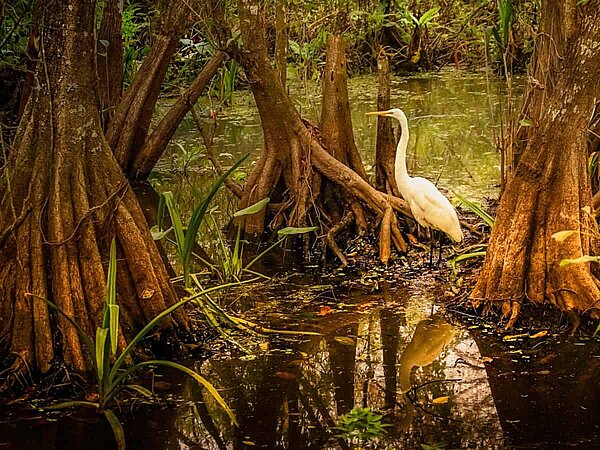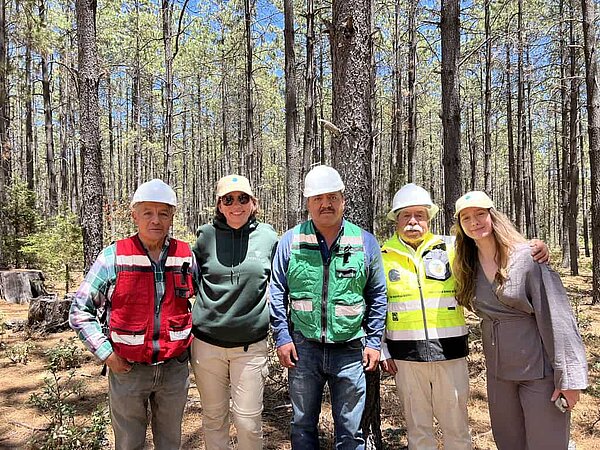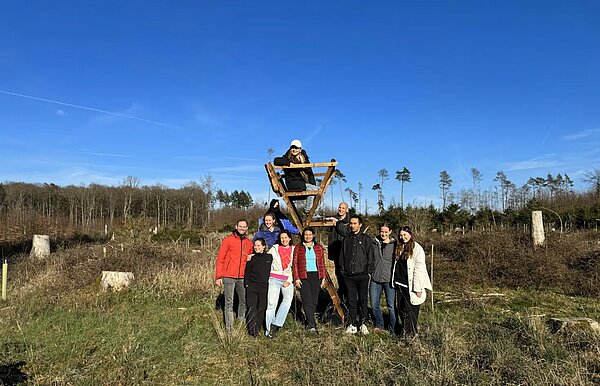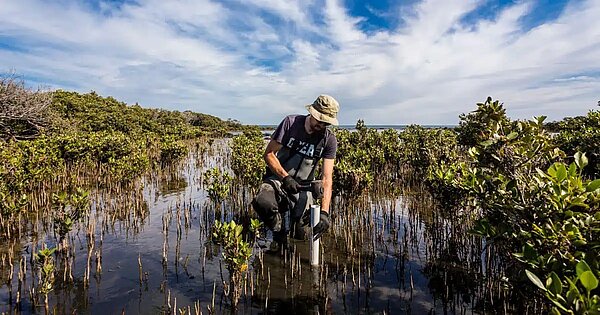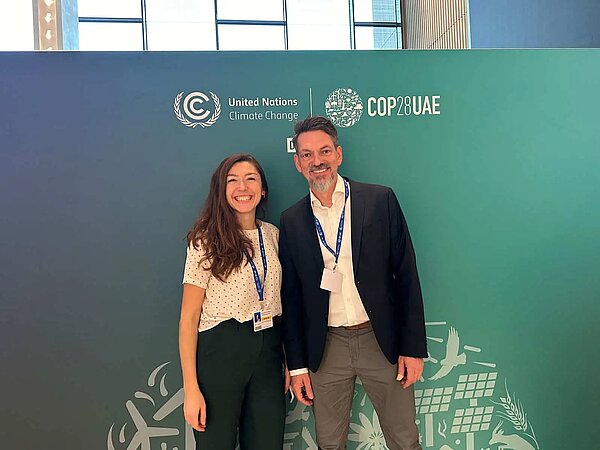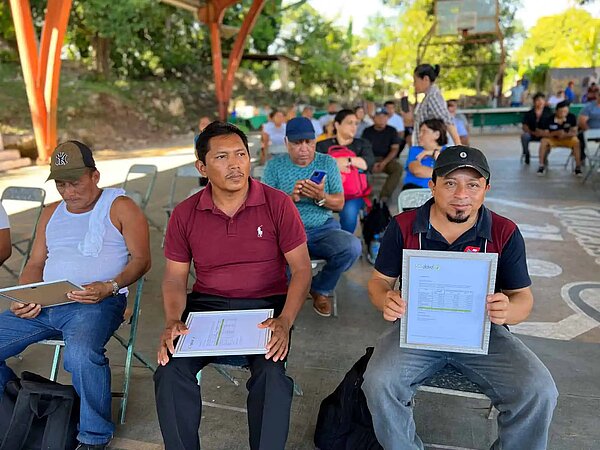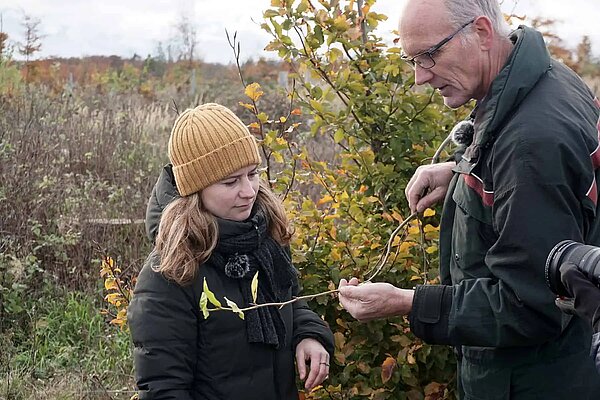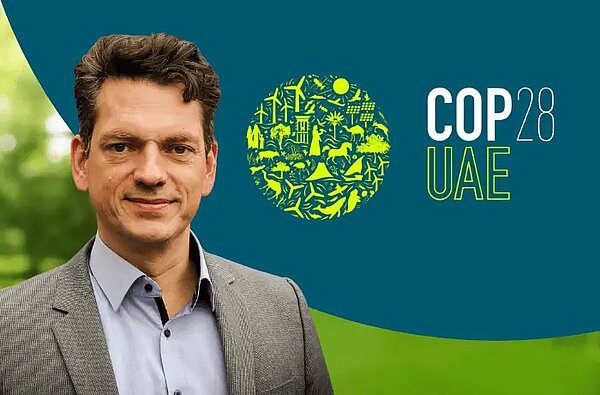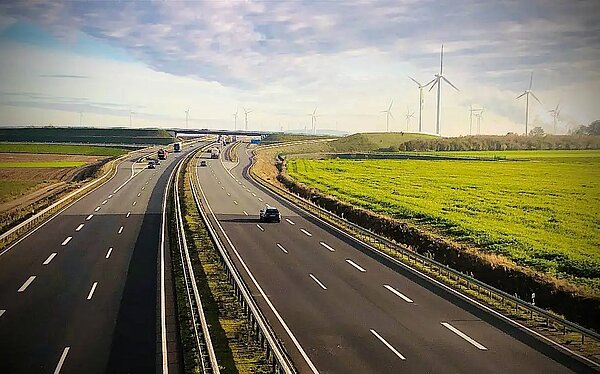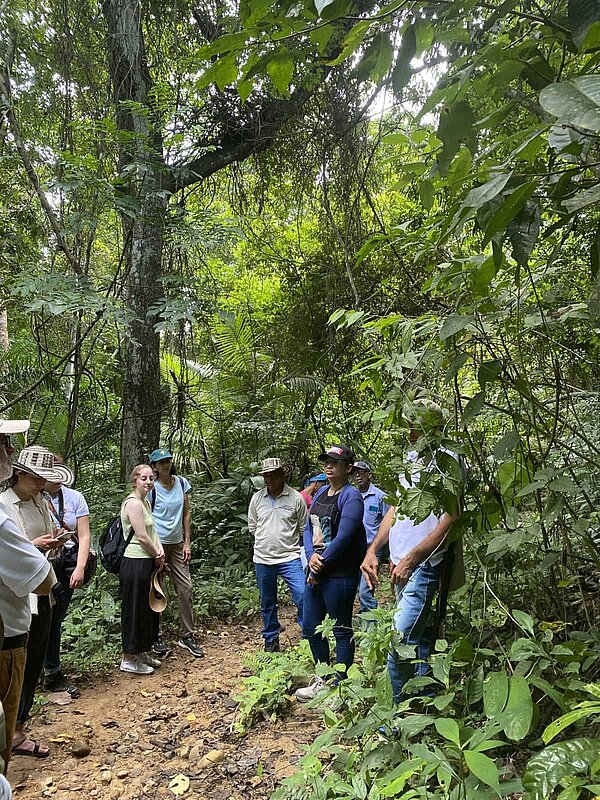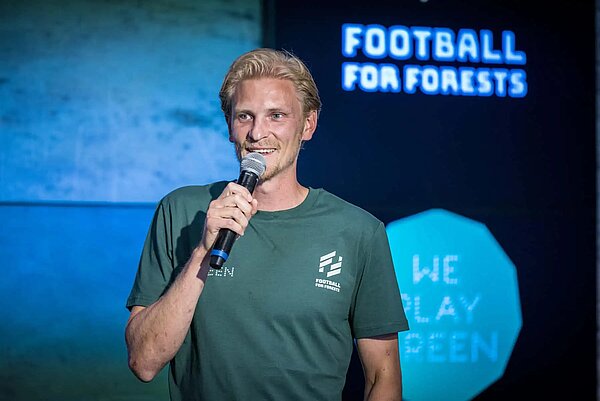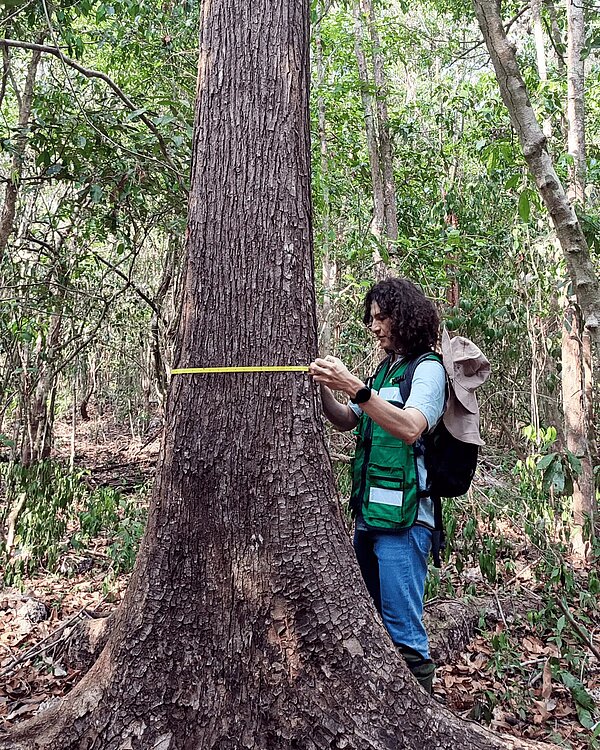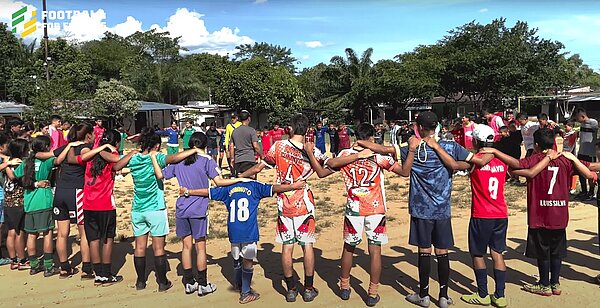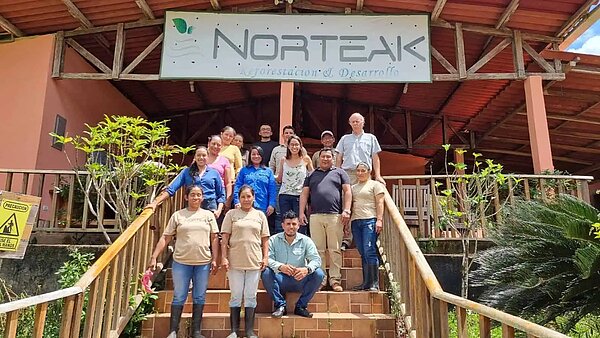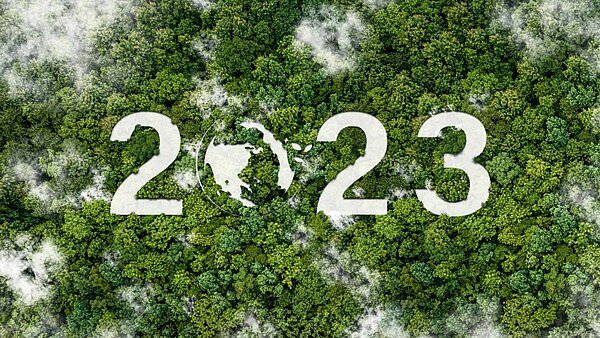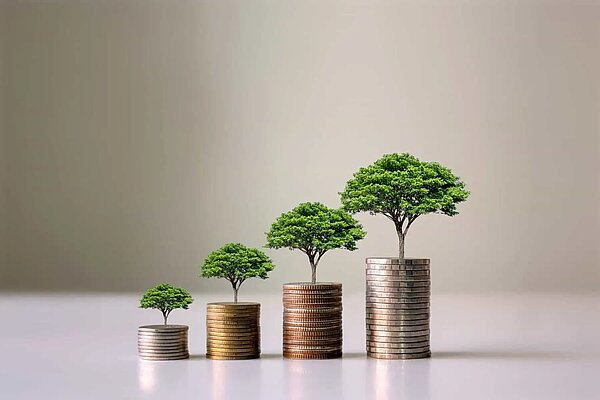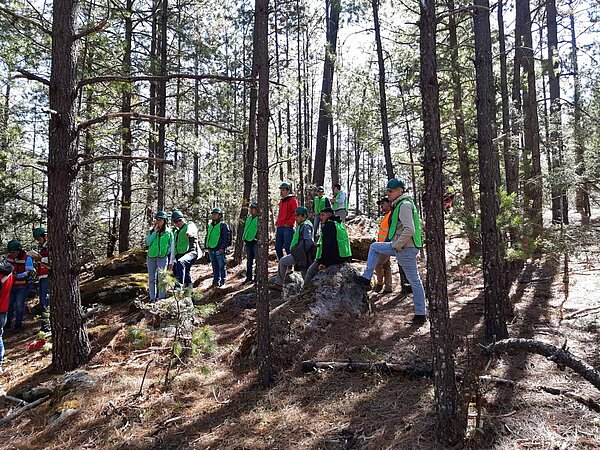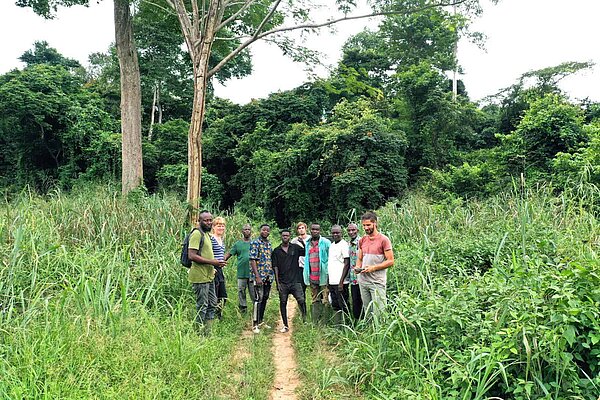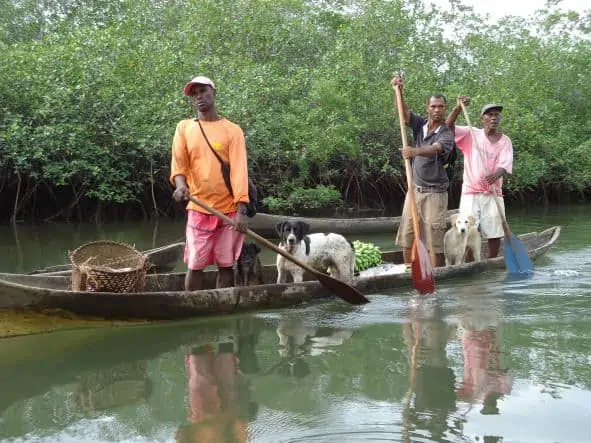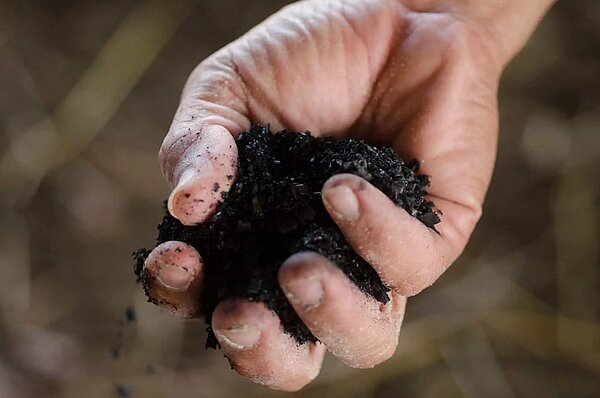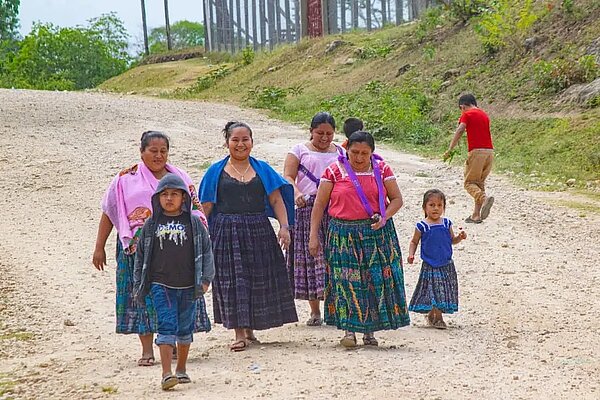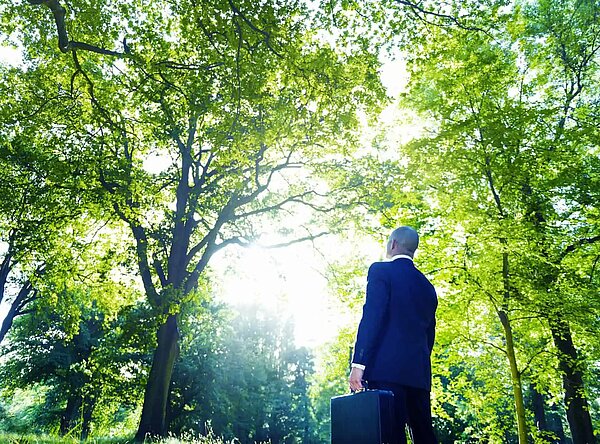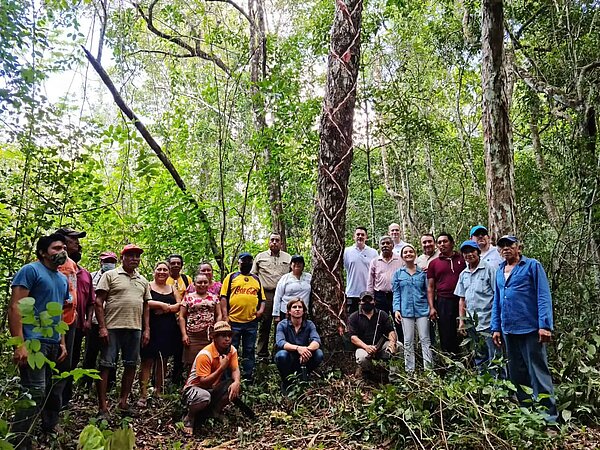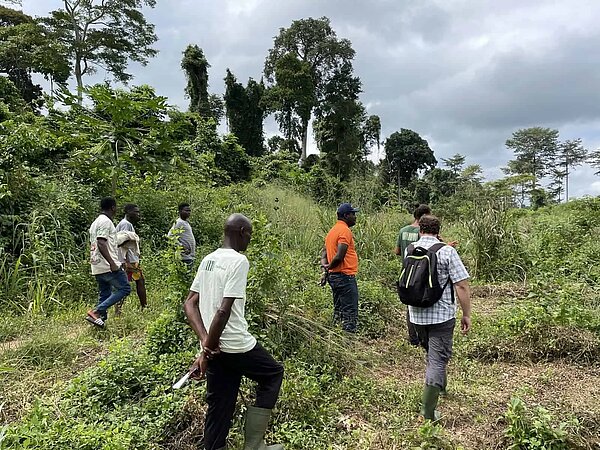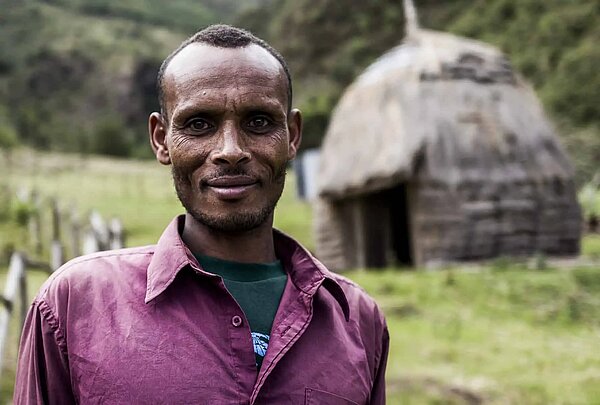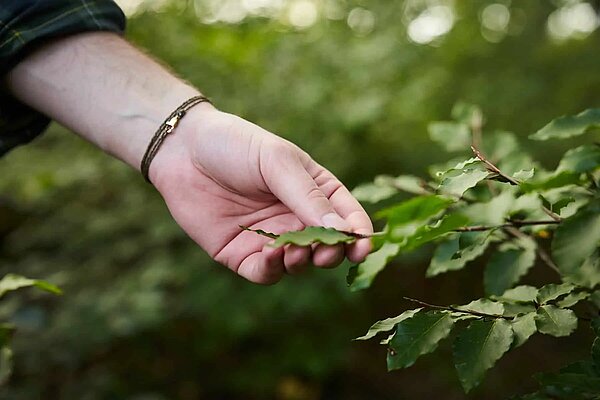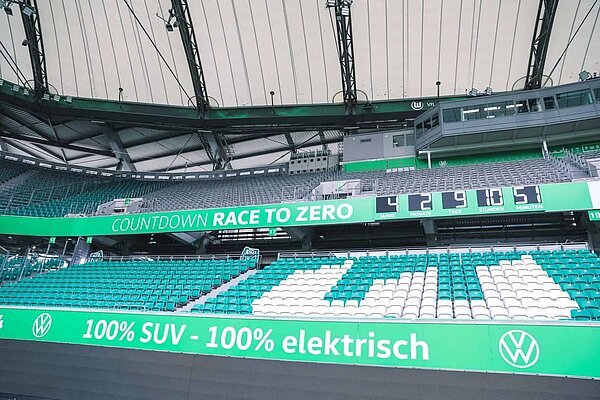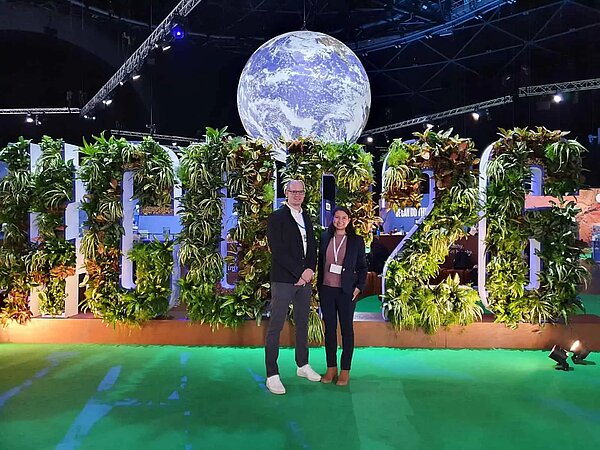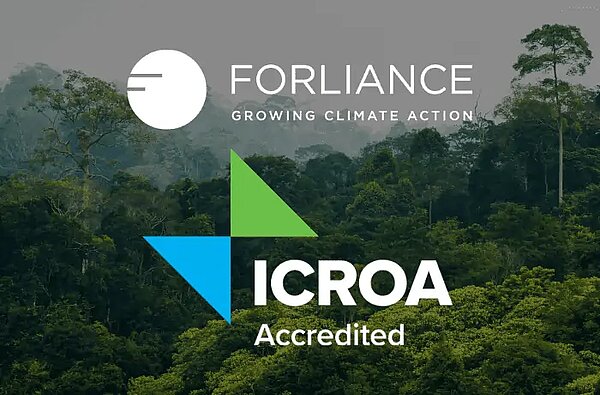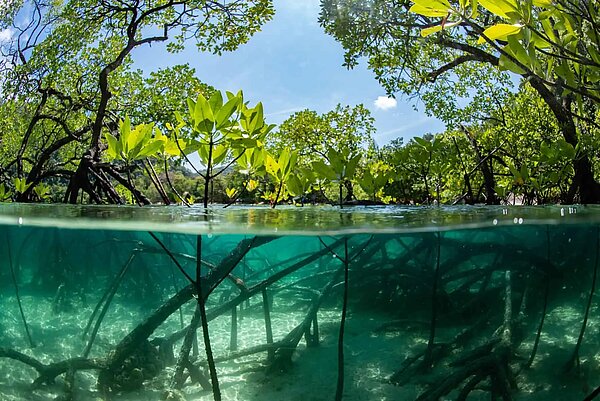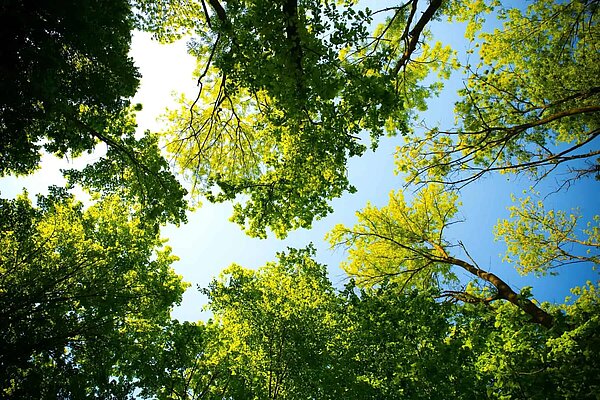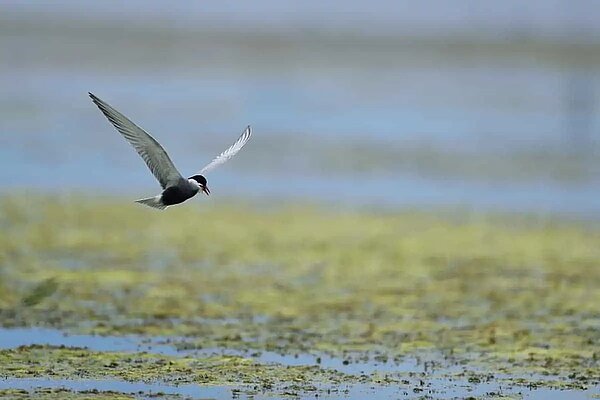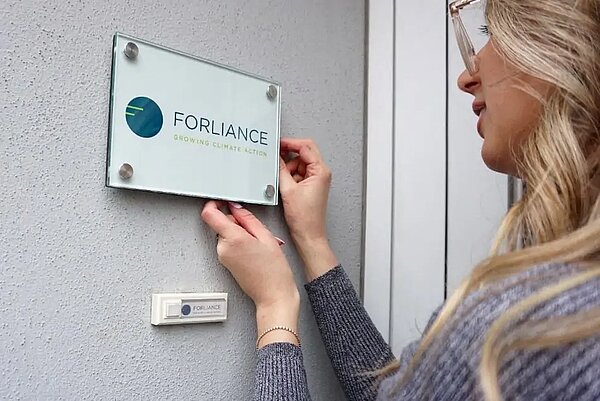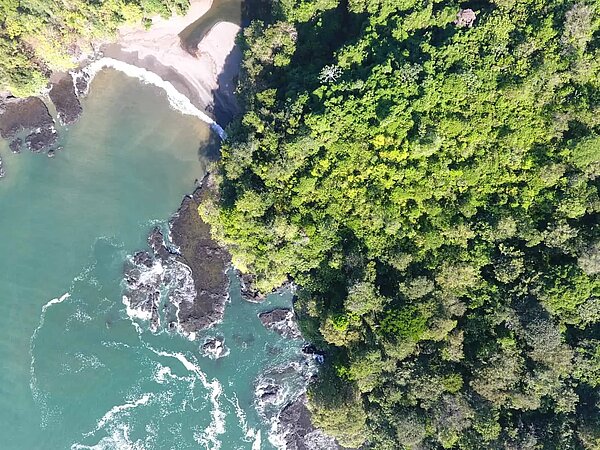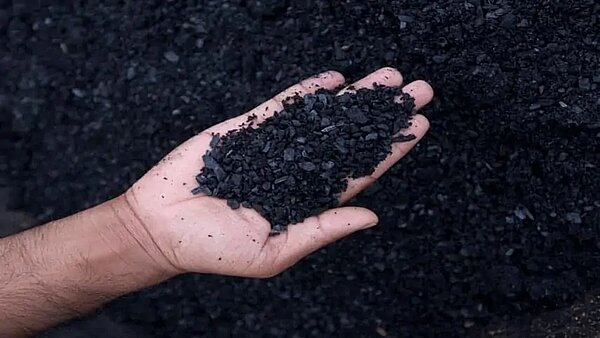10-year Sodo and Humbo project anniversary with World Vision Australia
December 15, 2021
Project Updates
Over the past ten years of cooperation between World Vision Australia and FORLIANCE, we’ve marked multiple milestones within the Sodo and Humbo reforestation projects.
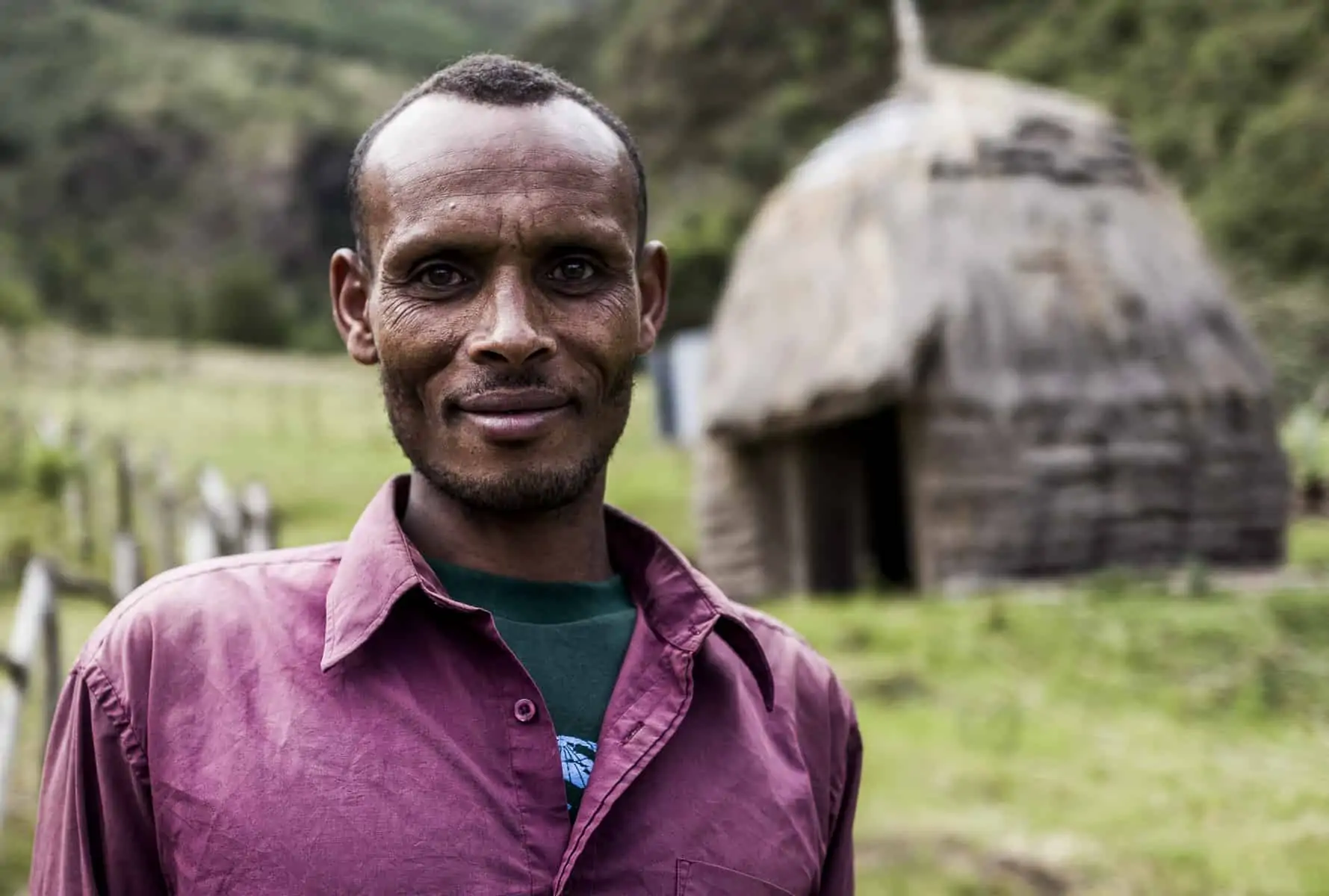
An increasing amount of people are joining the cooperatives and benefiting from the projects. What makes these projects so special, is the involvement of the local communities. People living in villages around the project area are directly responsible for the project’s implementation. The benefits, thanks to the reforestation efforts, are remarkable: better access to finance, more diverse income sources, upgraded or new community infrastructure and services, more social cohesion, as well as improved biodiversity, recovery of springs, water security and flood protection. Communities are more resilient than ever before. Because of these incredible successes, the communities have added 176 hectares of forest land to the original 503 hectares in Sodo.
World Vision Australia with FORLIANCE as exclusive commercial project partner, has developed exceptional projects that are nature-positive, community -based and most importantly sustainable. Knowing what we have put in motion and accomplished during the past 10 years of joint work, we are excited to realize our future plans and projects together.
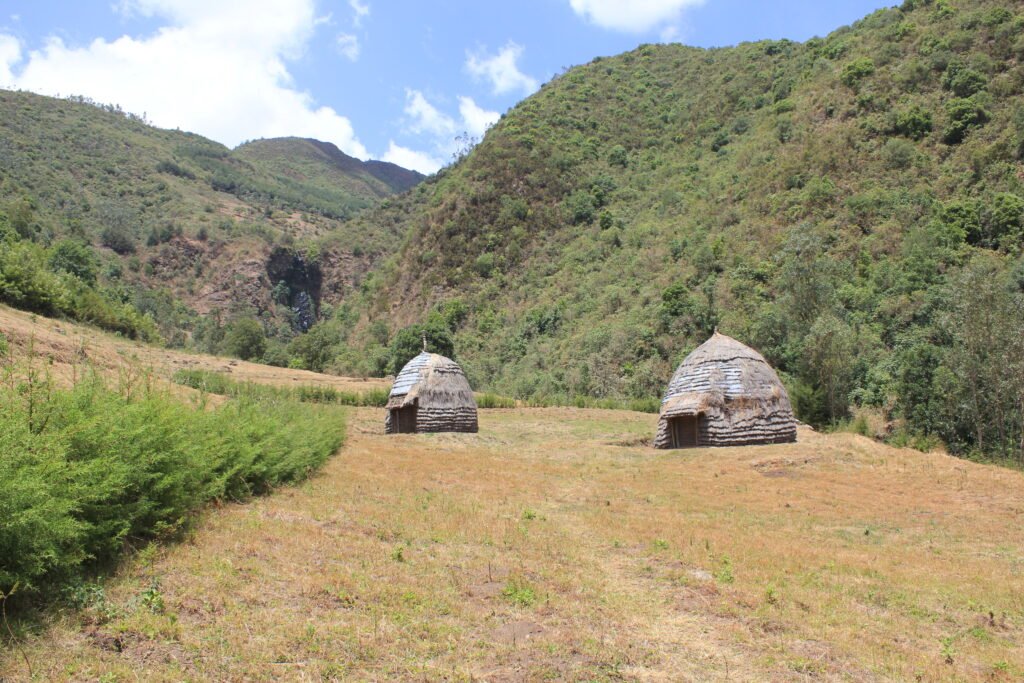
FORLIANCE interviewed World Vision Australis’s Food Security and Resilience Technical Advisor Rob Kelly, Principal Natural Resources Advisor and Right Livelihood Award winner Tony Rinaudo and Ethiopia Program manager Kebede Regassa on the development of the Sodo and Humbo project during the past 10 years.
World Vision Australis’s Food Security and Resilience Technical Advisor, Rob Kelly has worked in close cooperation with FORLIANCE over the past 10 years.
Which social, ecological and biodiversity goals of the Sodo and Humbo project were achieved?
Rob Kelly: “Our Sodo and Humbo Project are both reforestation projects in Ethiopia. The projects have really seen social, environmental and economic goals be realized. Social, because the communities now work together more than ever before. Environmental, because the farms have recovered and we are seeing biodiversity flourish. And economic, because the communities now can derive a better livelihood through their activities engaging with that forest and managing that forest area. In fact, the reforesting of the area has taken place due to a process called Farmer Managed Natural Regeneration (FMNR). It is a way for the communities to come together, to figure out the community practices to manage that forest and to agree on how to regulate it. It’s been a wonderful way to see the community bond together and work collectively for these environmental and ecological outcomes.
How did FORLIANCE help to achieve the project goals?
Rob Kelly: “The partnership between FORLIANCE and World Vision Australia has been simply marvellous. It’s enabled us to connect the communities with the world. Together we have been able to support their efforts with the restoration of their environment and their ability to sequester carbon. All of that has turned into an income source for them through the efforts of FORLIANCE and those who are connected to FORLIANCE as purchasers of those carbon credits. This magnificent partnership connects people who live near the forests in rural Ethiopia with high-tech, sophisticated businesses, many of whom are located in Europe. We are extremely grateful to FORLIANCE for facilitating and helping to arrange these connections that wouldn’t have happened otherwise.”
What are we future common goals of World Vision Australia and FORLIANCE?
Rob Kelly: “As we celebrate 10 years of working together, we also look forward to the next 10 years. Of course, we’ll continue to work with our communities at Humbo and Sodo. We are looking forward to further sequestration targets being met. But also seeing the communities embrace more of this approach and benefit from the restoration of their landscapes. We are also exploring working together on new opportunities with FORLIANCE. We are hopeful of beginning new carbon programs in Africa and other jurisdictions. We are excited about the opportunity to work more closely with FORLIANCE in new locations and to connect rural communities, who are being challenged by the effects of climate change, to the world who is interested to support them through carbon finance. “
Reflecting on 10 years of working hand in hand with FORIANCE, what stands out?
Rob Kelly: “During working with FORLIANCE in a very collaborative way, what stands out? I think it’s been the relationships. It’s been the walking together. It’s been the shared understanding. It’s been the respect both ways of understanding each other’s skills and specialties. It’s being able to work in a way that is actually for the benefit of those in the rural communities that we are working for. Seeing these rural communities being connected to the world through the carbon market place is wonderful. We really appreciate how FORLIANCE has walked with us on this journey, helping us understand more about the world of carbon markets and the need of those who buy these carbon credits. At the same time, we had the chance to share with FORLIANCE more about what it means to work in tough locations, like rural Ethiopia and the challenges that those communities face. We appreciate working together towards the common goals of sustainable development.”
World Vision Australia’s Principal Natural Resources Advisor and Right Livelihood Award winner Tony Rinaudo reflects on his experience of the Sodo and Humbo Project:
Tony Rinaudo: “These two projects have been a success by many measures: economically, socially, environmentally and in terms of carbon capture. But my favourite measure is the “how people feel measure”. One farmer said to me “I am so proud. So proud of my village, so proud of myself, so proud of my country. This project is known in the whole world.” I think that captures what people feel abut these projects. The Sodo and Humbo projects have given people back a sense of pride a sense of self worth and a sense of hope for a better future.”

The FMNR reforestation technique was rediscovered and used on a large scale in arid areas of Africa by the Australian agronomist Tony Rinaudo, who received the „Alternative Nobel Prize“ for it in 2018.
What role did FMNR play in the long-term ecosystem restoration?
Tony Rinaudo: “I remember about a year before the commencement of the project walking across part of the mountain that is now the Humbo reforestation project. All I saw were rocks sticking up out of the ground, cracks in the ground. It was the dry season. No trees and rats were scaring around between the rocks and coming out of the cracks. It an end of the world kind of scene. About 12 months after the start of the project, I was about to step out of the car and I was blasted by this chorus of bird song. And in my mind, I interpreted that as “Tony thank you, thank you for giving us our home back.” The wildlife had come back into that forest. There is less flooding, less dangerous landslides. There is a diversity of trees and grasses and a great influx of birds and various kinds of wildlife. FMNR was a foundation towards these environmental changes. This is because it works with nature, it works with what is already there. It is low cost, it’s rapid and it’s scalable.”
Ethiopia Program manager Kebede Regassa is on site and sees the development, the challenges and the successes of this project daily. Here is what he observed.
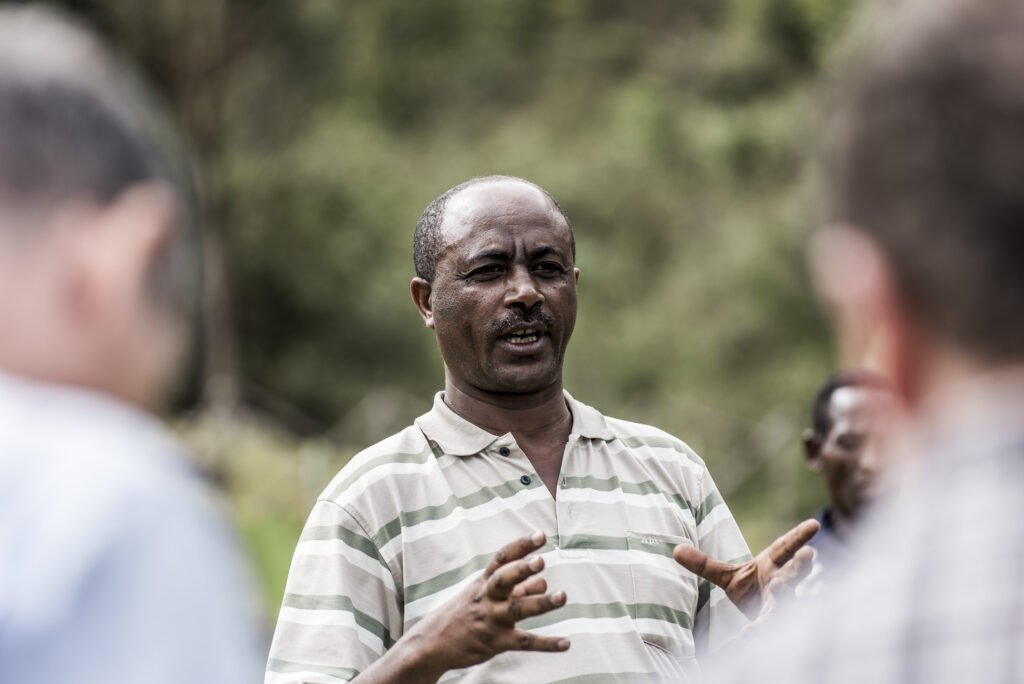
Ethiopia Program manager Kebede Regassa
Which challenges did the project initially had to face?
Kebede Regassa: „There were early challenges before the project began. The area to be restored belongs to the community and they normally derive their livelihood from that area, so there was concern from those who rely on grazing livestock, collecting fuelwood or making charcoal. The project took time to build their awareness and to fill the knowledge gap in the community. As a result of working through these challenges, the sense of ownership created within the community is very significant.“
In the past 10 years, how has the Sodo and Humbo project impacted local communities?
Kebede Regassa: “In the past 10 years the Sodo and Humbo project has impacted the local communities in all dimensions of their life. The first impact is the awareness, the knowledge and the skills acquired by the community. Another major benefit is the environmental aspect of the project. Before the start of the project, especially the part of the community living in the town area has been suffering from soil erosion, floods and landslides. Now after the project, because of the restoration of the vegetation the soil erosion, floods and landslides have been reduced. The community is benefiting because of the reduced erosion, which has increased soil fertility and production or productivity of their small plots of farm land. The communities also have other opportunities such as collecting fuelwood for their household consumption or grass for their own household consumption, but they can also sell it, even seeds, as additional income. The community has also engaged themselves into different income-generating activities because of their new access to credit through the forestry cooperatives, which has created social benefits and increased the social cohesion within the community, thanks to cash income received from sales of their carbon credits. The overall level of confidence within the community has increased.”
